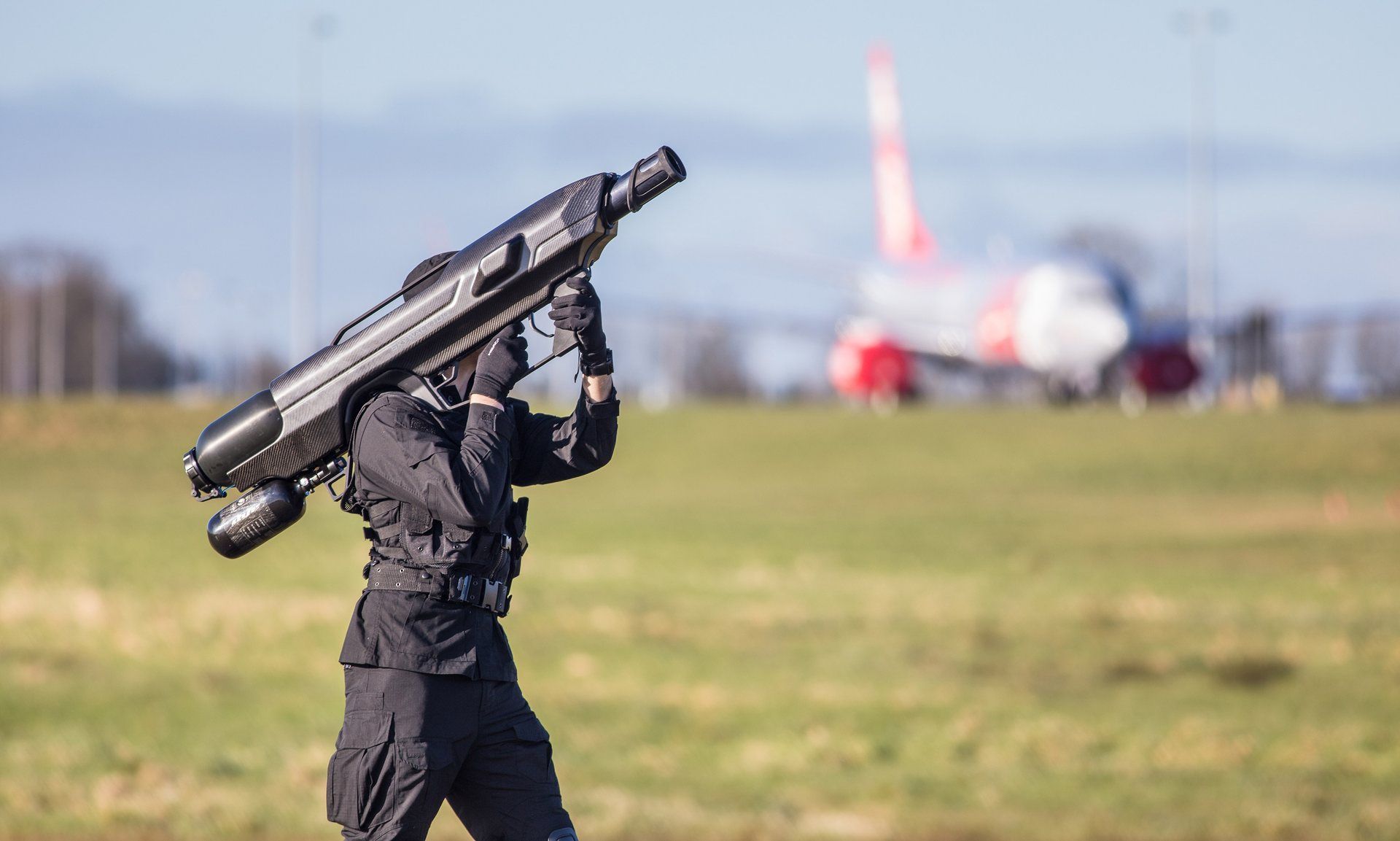How to Take Down a Drone Legally. Drones, or Unmanned Aerial Vehicles (UAVs), have become increasingly popular for recreational and commercial use. While drones offer numerous benefits, such as aerial photography and surveillance, there are situations where it may be necessary to take down a drone legally. Whether it’s due to safety concerns, privacy issues, or other reasons, this comprehensive guide will explain how to lawfully and responsibly take down a drone while respecting the law and ensuring the safety of all involved parties.
Why Take Down a Drone?
Drones have the potential to pose various risks and concerns, including:
- Privacy Invasion: Unauthorized drones can capture images and videos of private property and individuals, raising privacy concerns. When it comes to finding drones Legally then ScharkSpark Drone with 2K HD FPV will be a good option.
- Safety Hazards: Drones can collide with aircraft, causing safety hazards or interfering with emergency response efforts during disasters.
- Security Threats: In sensitive areas, drones can pose security threats, including espionage or the delivery of harmful payloads.
- Noise Disturbance: Continuous drone flights can lead to noise disturbances in residential areas. Knowing when and how to take down a drone legally is essential to address these concerns.
Legal and Responsible Methods to Take Down a Drone
When faced with a situation requiring taking down a drone, it’s essential to follow legal and responsible methods. Here are the steps to do so:
- Contact Law Enforcement: Contact your local law enforcement agency immediately if you believe a drone is violating the law or posing a threat. Please provide them with all relevant information, including the drone’s location, appearance, and actions.
- Attempt Communication: If it is safe, attempt to communicate with the drone operator. I request that they land the drone and explain your concerns. Some drone operators may need to be made aware of local regulations or the impact of their actions.
- Document Operator’s Response: If you have a conversation with the drone operator, document their response. This documentation can be valuable if legal action becomes necessary.
- Consult Legal Authorities: If the situation escalates, consider consulting legal authorities or seeking legal advice. Attorneys experienced in drone law can guide the best course of action.
- Pursue Legal Remedies: If all else fails and the drone continues to violate the law or pose a threat, pursue legal remedies. It may involve filing a complaint with the appropriate authorities or pursuing civil litigation.
Non-Lethal Methods to Disable a Drone
It’s important to note that attempting to take down a drone yourself physically can be dangerous and may lead to legal consequences. Instead, consider non-lethal methods to turn off a drone:
- Signal Jamming: Signal jamming devices can disrupt a drone’s communication with its operator, forcing it to land safely.
- Drone Nets: Specialized drone nets can be launched to capture and turn off rogue drones.
- Counter-Drone Technology: Some companies offer counter-drone technology to neutralize drones by disrupting their systems. It’s essential to use these methods responsibly and within the bounds of the law. Unauthorized interference with drones can lead to legal trouble.
FAQs
Can I shoot down a drone if it flies over my property?
No, shooting down a drone is illegal and dangerous. Instead, follow legal and responsible methods to address the issue, such as contacting law enforcement.
What are the penalties for taking down a drone illegally?
Illegally taking down a drone can result in criminal charges, civil liability, and fines. It’s crucial to follow legal procedures and consult with authorities.
Are there organizations that can help address drone-related concerns?
Organizations like the FAA and local law enforcement agencies can guide and assist in addressing drone-related concerns.
Conclusion
Taking down a drone legally and responsibly involves steps from identifying the violation to pursuing legal remedies if necessary. It’s crucial to prioritize safety, adhere to local regulations, and consult legal authorities when dealing with drone-related concerns. Attempting to turn off a drone physically can lead to dangerous situations and legal consequences, so it’s best to rely on non-lethal methods and follow established legal procedures to address the issue effectively.

